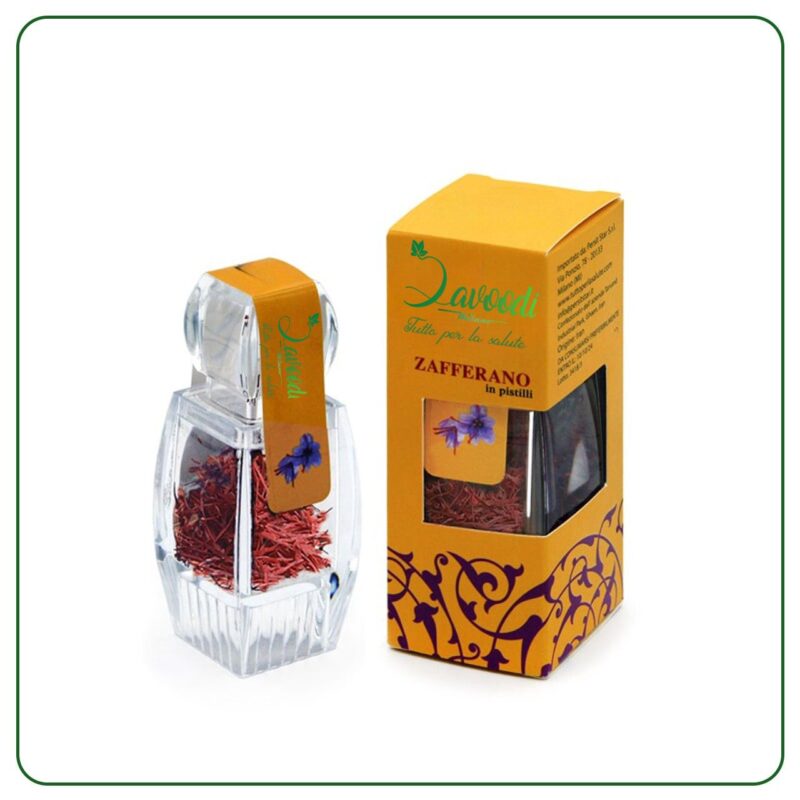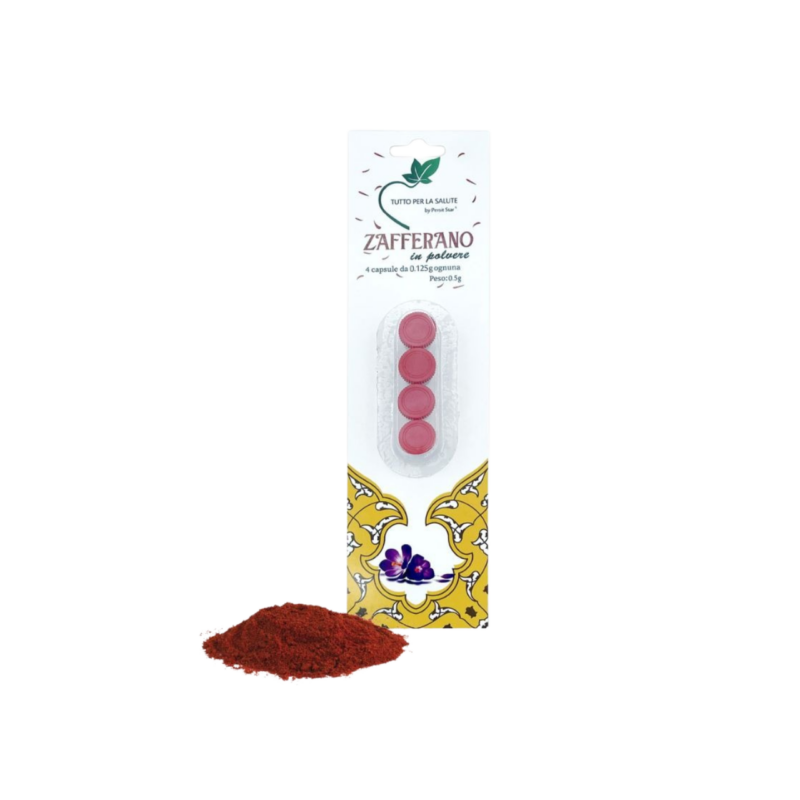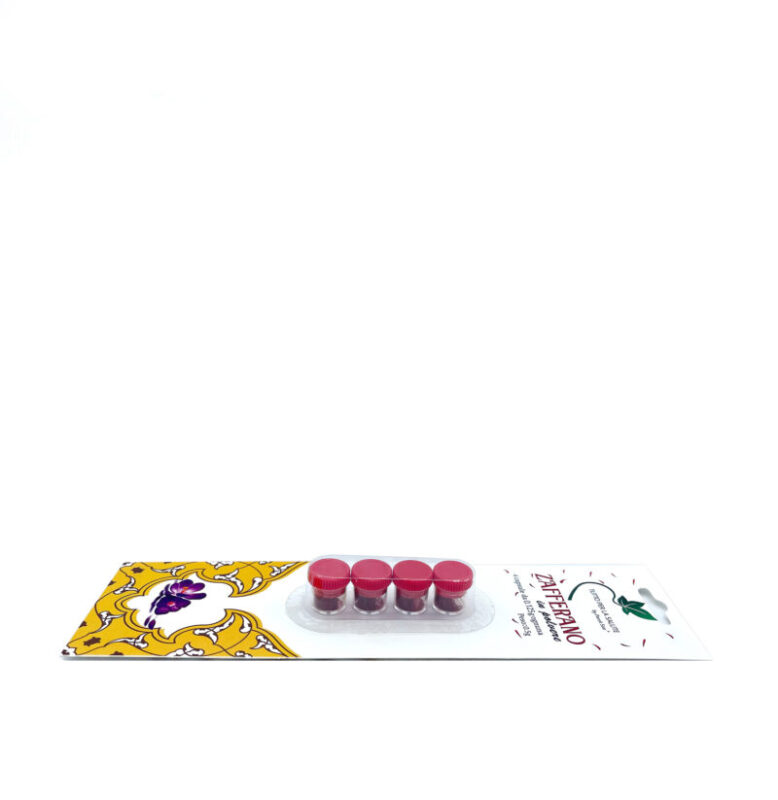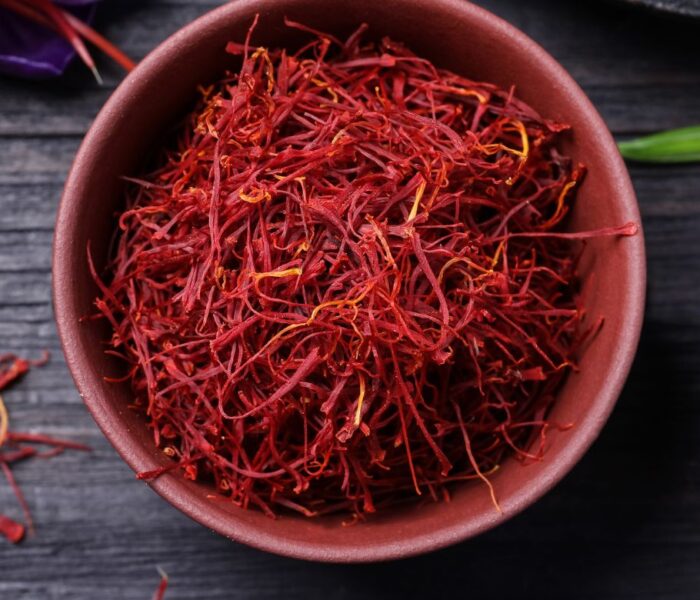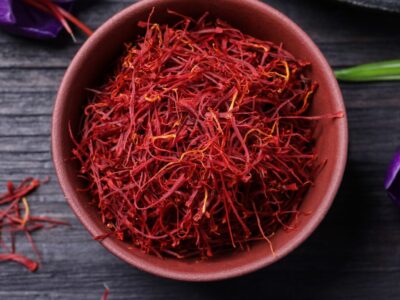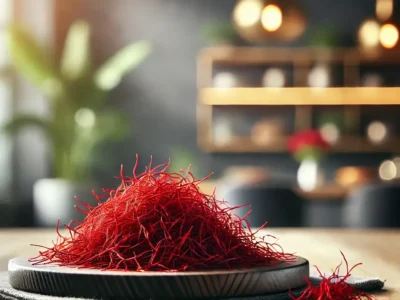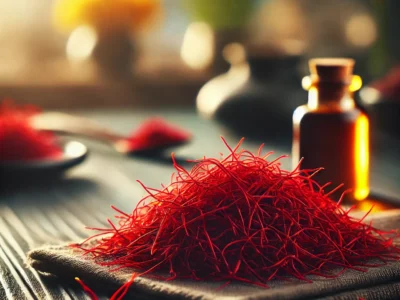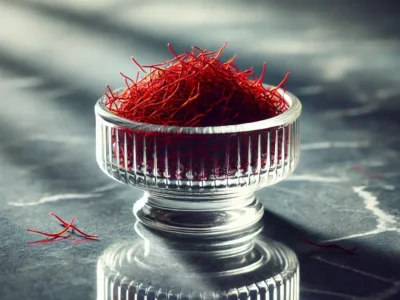Medicinal Properties of Saffron

Medicinal Properties of Saffron
Saffron (Crocus sativus) is one of the most revered spices in the world, not only for its vibrant color and unique flavor but also for its remarkable medicinal properties. Known as the "red gold," saffron has been used for thousands of years across various cultures for its therapeutic benefits. From ancient civilizations to modern-day alternative medicine, saffron has proven to be a versatile natural remedy for a variety of ailments. This article will explore the medicinal properties of saffron, its health benefits, and how it can be used to enhance well-being.
1. Rich in Antioxidants
Saffron is packed with powerful antioxidants, such as crocin, crocetin, and safranal, which help protect the body against oxidative stress caused by free radicals. Oxidative stress is linked to the development of various chronic diseases, including cancer, heart disease, and neurodegenerative conditions like Alzheimer's disease. The antioxidants in saffron neutralize free radicals and reduce inflammation, thus contributing to overall health.
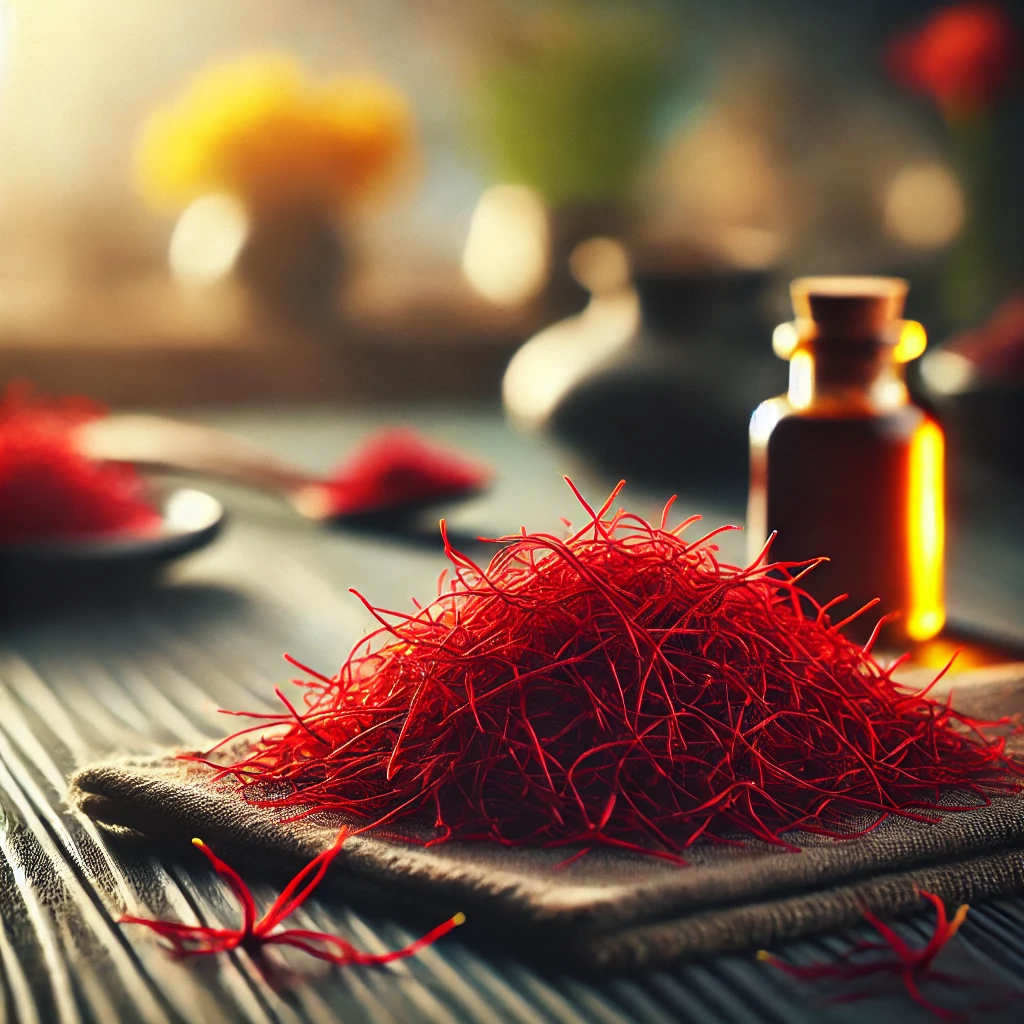
4. Cancer-Fighting Potential
Recent studies have indicated that saffron may have cancer-fighting properties. The active compounds in saffron, particularly crocin, have shown the ability to inhibit the growth of cancer cells and even promote apoptosis (programmed cell death) in cancerous cells. Although more research is needed, saffron's potential to prevent and slow down the progression of cancer is promising, particularly for cancers like breast and colon cancer.
2. Mood Enhancer and Antidepressant
Saffron has been found to have significant antidepressant properties. It can help improve mood and alleviate symptoms of depression, thanks to its ability to boost serotonin levels in the brain. Serotonin is a neurotransmitter that regulates mood, and low levels of it are associated with depression and anxiety. Studies have shown that saffron can increase serotonin production, making it a natural alternative for treating mild to moderate depression.
3. Anti-inflammatory Benefits
Saffron has potent anti-inflammatory properties that help reduce chronic inflammation in the body. Chronic inflammation is linked to various diseases, including arthritis, cardiovascular diseases, and diabetes. By reducing inflammation, saffron can help manage conditions like osteoarthritis, providing relief from pain and improving mobility. Moreover, it may reduce the risk of heart disease by decreasing inflammation in blood vessels
5. Improves Digestion
Saffron has been traditionally used to aid digestion and improve gut health. It stimulates the production of digestive enzymes, which help break down food more efficiently. Moreover, saffron can help alleviate symptoms of indigestion, bloating, and gas. Its mild sedative properties also help relax the muscles of the digestive tract, providing relief from digestive discomfort and promoting overall gut health.
6. Cognitive Health and Memory Enhancement
Saffron has been shown to have potential cognitive benefits. Some studies suggest that saffron can help protect brain cells from damage, making it beneficial for preventing age-related cognitive decline. Additionally, saffron has been found to improve memory and mental clarity, which may be particularly beneficial for those suffering from Alzheimer's disease or other forms of dementia.
7. Heart Health
Saffron can have a positive impact on cardiovascular health. It has been shown to help reduce blood pressure, lower cholesterol levels, and improve circulation. The antioxidants and anti-inflammatory compounds in saffron contribute to a healthier heart by reducing oxidative damage to blood vessels and improving blood flow. Incorporating saffron into the diet may support heart health and reduce the risk of heart disease.
8. Aphrodisiac and Sexual Health
Saffron has long been used as an aphrodisiac. Research suggests that saffron may enhance libido and sexual function, particularly in individuals experiencing sexual dysfunction. Saffron is believed to improve blood flow to the reproductive organs and balance hormones, making it a natural remedy for low libido and erectile dysfunction.
Conclusion
Saffron is not only a prized culinary spice but also a powerful medicinal herb that offers a wide range of health benefits. From its ability to fight cancer and improve heart health to enhancing mood and cognitive function, saffron is a natural remedy with diverse therapeutic applications. While more scientific research is needed to fully understand its potential, the long history of saffron's use in traditional medicine speaks to its powerful and multifaceted medicinal properties.






